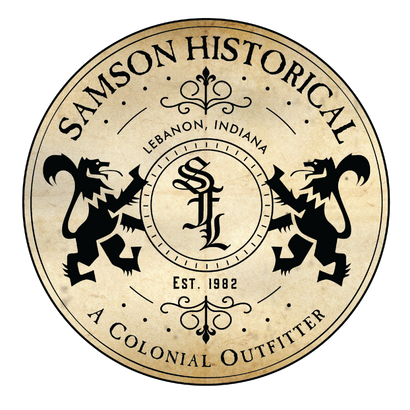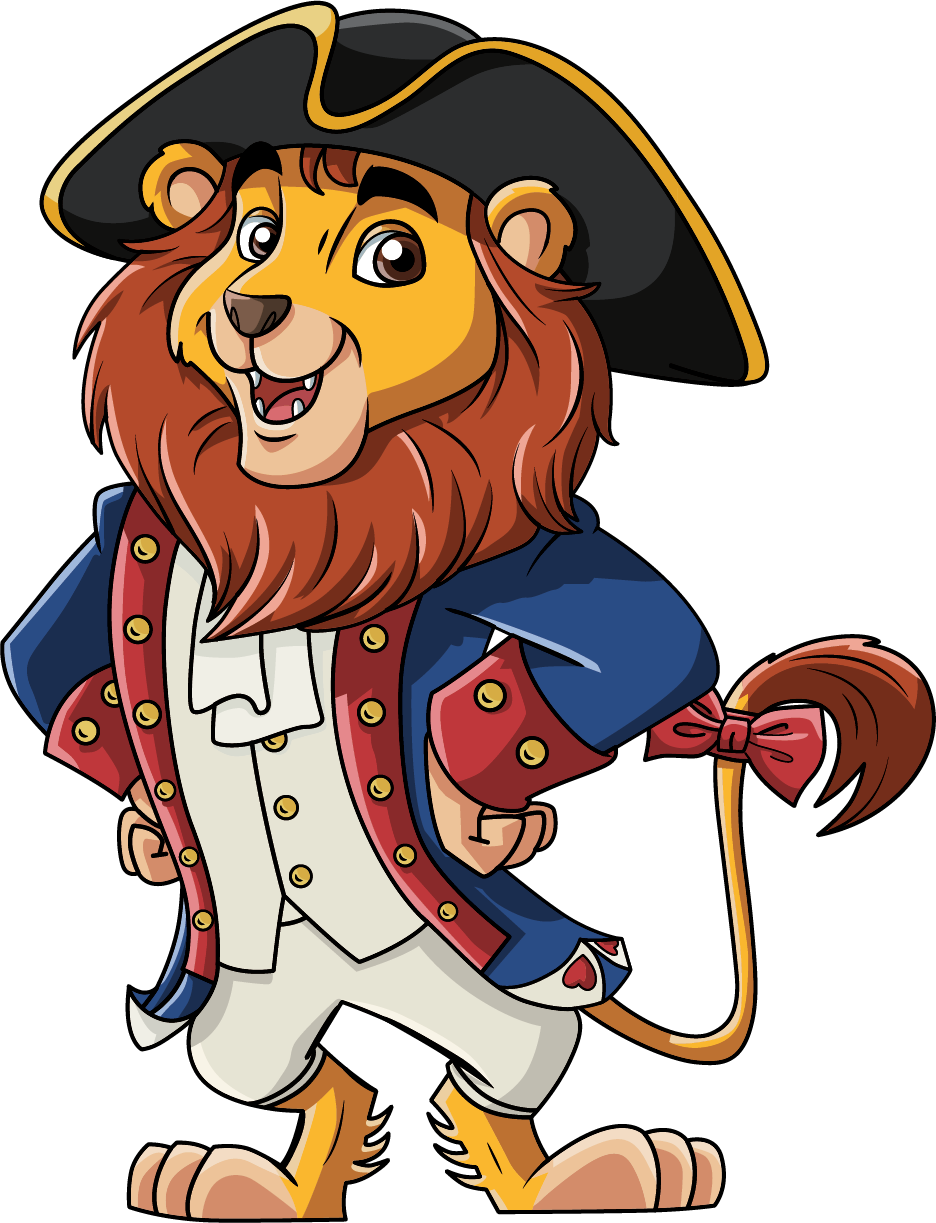Men’s Clothing
Women’s Clothing
Children's Clothing
Washington's Whiskey
by Hannah Reece May 01, 2024 6 min read 6 Comments

Since the first European settlers reached Jamestown and Plymouth Rock, we have been a nation of drinkers. Libations have played an integral role in our national identity and have played a significant role in many of the most notable events in our nation’s history. The early settlers brought their preferred hooch from the mother country, enjoying Caribbean Rum, beer, and hard ciders. As the United States grew, so made the demand for liquor, and this expansion of demand led to development not only of traditional spirit production but also the birth of a decidedly American tradition. This American tradition was not exclusive to the everyday folks of the time, many of our Founding Fathers not only enjoyed spirits, but were bonefied fans of a hard drink. Thomas Jefferson loved wine so much he special ordered it from France to be delivered to Monticello, Samuel Adams was a brew master and still lends his name to a popular American beer, and John Adams drank hard cider with almost every meal. But, there was one Founding Father that took the love of spirits to new levels, a man who used his agricultural background to not only build a distillery, but turn that distillery into a money-making machine, and that man was George Washington.
American Colonists loved to drink and to drink a lot. According to the Colonial Williamsburg Association, the average American indeed drank from morning to night . While our modern sensibilities may frown upon this, we must remember that spirits played an integral role in their everyday lives, not just as a form of celebration or drowning our sorrows as many of us are guilty of today. There was also a practical reason for the massive quantities of booze that the ordinary Colonist took in through their lifetime, it was safe.
Safe you say? But, today many people paint spirits as a killer, something that ruins your life and kills your liver! Yes, there are adverse side effects of intaking large quantities of alcohol throughout your life, but it beat the alternatives for the American Colonists. Water treatment was unheard of, these people had no idea what a germ was, but they did know that drinking water could kill them. Diseases carried by drinking tainted water could kill, but when it was boiled as when preparing liquor or beer, it was safe to drink. This goes a long way to explaining why even Washington’s Army was given rum every day, it was safer than drinking water that doubled as the camp latrine.
Other than being practical, it was an escape, a way to enjoy an otherwise dreary existence. Life was difficult during the colonial period and into the Revolution, it was a constant struggle to survive, to keep the farm producing, to push back from native onslaughts in certain portions of the country, or any other number of difficulties. Walking to their local tavern and throwing back a few drinks with their neighbor was a great way to unwind and forget about their troubles.
As the American Revolution began in 1775, rum was, by far, the most famous alcoholic spirit in the colonies, but that all changed when the Americans broke away. Much as with tea, it was seen as too “British” to drink rum, and besides molasses cost a fortune, so Americans shunned their once beloved Pirate nectar. Enter the fray, whiskey. Whiskey is simple and straight to the point, much like early Americans. Get some corn, mash it up, cook it, distill it and there you have wonderful “white lightning.” To make the product more enjoyable, many distillers did, and still, today, aged the concoction in barrels of different wood to give whiskey that wonderful smoky flavor.
Being of Scots-Irish descent, the history of whiskey making runs through my blood and the blood of most in the mid-Atlantic region. In short, I love whiskey, and when I was asked to write this piece on the history of colonial whiskey, I jumped at the opportunity. The story of whiskey is the story of the American spirit, the “nobody tells us what to drink” attitude that fueled the Boston Tea Party also fed distillers throughout the burgeoning United States of America.
George Washington was a jack of all trades, surveyor, Army Officer, Father of a country, Estate owner and a whiskey distiller. When the Revolution ended, and Washington had fulfilled his duties as the First President, he was left with a little problem, lack of reliable income. Today, we think of career politicians who somehow seem to become millionaires by the time they exit office, but that wasn’t the case for the founding generation. While he wasn’t in dire financial straits, Washington was worried about his later years living on Mount Vernon and searched for a way to procure a steady income in his golden years.
Washington struck up conversations with a number of his employees on the estate, and soon became drawn to his farm manager, a Scot by the name of James Anderson. Anderson was convinced that Mount Vernon had all that was needed in ready supply, the corn, and the fresh water on site. Soon Anderson
and Washington began designing a large stone building to be used as their distillery, and by 1798 it would house five large stills. Washington and Anderson soon had a thriving distillery, becoming not only the largest producer of whiskey in the state of Virginia but one of the top distillers in the entire country.
At its height, by the year 1800, the Mount Vernon distillery was 2200 square feet and produced 11,000 gallons of corn liquor. One of the most surprising aspects of Washington’s whiskey was the fact that it was never aged for a prolonged amount of time. Aging whiskey makes it “bite” less, with the wood barrels giving whiskey its trademark brown color and smooth taste. With modern whiskey, the longer it is aged in barrels, the more expensive it is for the modern consumer, and, ideally, the smoother and more enjoyable it is. This was not the case during the late 18th, and early 19th centuries, many distillers never thought about aging whiskey beyond shipping time. Washington was no different, he did put his whiskey in oak barrels, but that was just for transportation, which did little to soften the kick nor change the color of the whiskey.
Washington’s whiskey was a hit, people loved the white lightning distilled by the First President, and orders began to pour in from all over the state of Virginia. Washington’s spirits were especially popular in the capitol city of Richmond and were sold throughout the city at numerous shops. This new venture provided Washington with two vital aspects to his post-political life, a hobby, and an income. From whiskey alone, Washington earned $7,500 in 1799 which is roughly $120,000 in modern coin, quite the tidy income for a side venture. Soon, Washington began to expand his whiskey-making venture and began producing not only corn liquor but an array of different spirits.
According to Mount Vernon, Washington’ Rye Whiskey became his most popular spirit by the year 1800, with people all over the country clamoring for the founding father’s homemade spirits. Washington began to spread his booze-making wings when, in 1800, his distillery moved into the Brandy business. Brandy is like a hybrid between whiskey and wine. Washington’s brandy began with fruit he grew around Mount Vernon, namely apples and peaches. To make brandy, the fruit would be crushed into wine like the corn or rye is made into a mash for a whiskey. After the crushed fruit ages, it is distilled, and this leads to a powerful fruit spirit.
To lessen the bite, just like with whiskey, the brandy is aged in wood barrels. Washington’s brandies proved to be hugely popular, and by 1800 he was charging almost double his original price, over $1.00 per bottle.
Washington’s distillery gave the man what he so needed in his golden years, a steady income. Never again did Washington worry much about his income, and he was able to retire peacefully on his farm. A story that is truly American, our first President was also one of our greatest Whiskey producers. So, raise a glass to the father of our country, one of the most successful and skilled distillers of the late 18th and early 19th centuries, George Washington.

6 Responses
Christopher Headley
May 13, 2024
Great article and very enlightening along with being entertaining. More articles like this would be appreciated.
Christopher Headley
May 13, 2024
Great article and very enlightening along with being entertaining. More articles like this would be appreciated.
Christopher Headley
May 13, 2024
Great article and very enlightening along with being entertaining. More articles like this would be appreciated.
lynn maust
May 13, 2024
facscinating tale….thanks for all the details.
Bert Wolfe
May 13, 2024
My only concern with this otherwise excellent article is that George Washington died on December 14, 1799.
Leave a comment
Subscribe
Sign up to get the latest on sales, new releases and more …

2024 Catalog
Our 160-page full color catalog gives you up close shots of almost every product we sell. There are many full-page images showcasing the elegance and beauty of the 18th century and the undeniable talent of our more than 40 artisans and craftsmen.


Mike Coggeshall
May 13, 2024
George Washington passed away in December 1799.